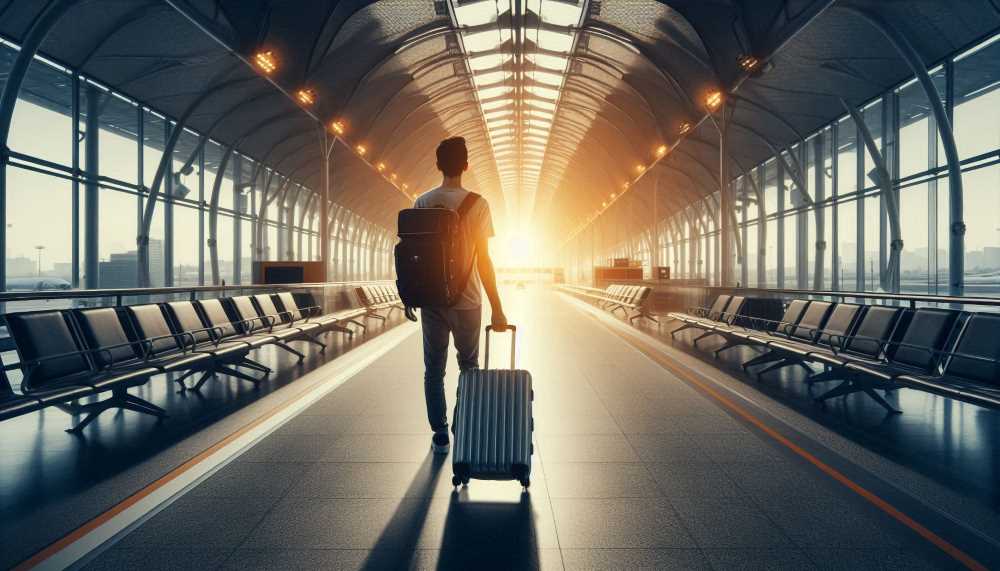Fare Play or Foul? The Taxi Tussle at Mexico City's Airport
The Mexico City International Airport has become a battleground between app-based taxi services and traditional airport taxis. Airport authorities have taken measures to deter app-based services, forcing passengers to use more expensive airport taxis.

Imagine arriving at Mexico City’s bustling Benito Juárez International Airport after a long flight. The hum of activity, the jostling crowds, and the distinct energy of one of the world’s most populous cities greet you. You might think your journey is nearly over, but a surprise lies ahead if you plan to use popular transportation apps like Uber or DiDi. Rather than seamlessly slipping into your ride, you must venture outside the terminal, meandering through far-flung, and sometimes unnerving, areas to catch your app-based chariot. Coincidence, or cunning design?
Many travelers swear by the convenience and cost-efficiency of transportation apps, particularly when compared to the notoriously pricey airport taxis. But recently, a shared sentiment has emerged among weary passengers: the airport authorities seem to be making it deliberately difficult to access these cheaper services, ostensibly to push people into the more expensive licensed taxis that dominate the terminal.




